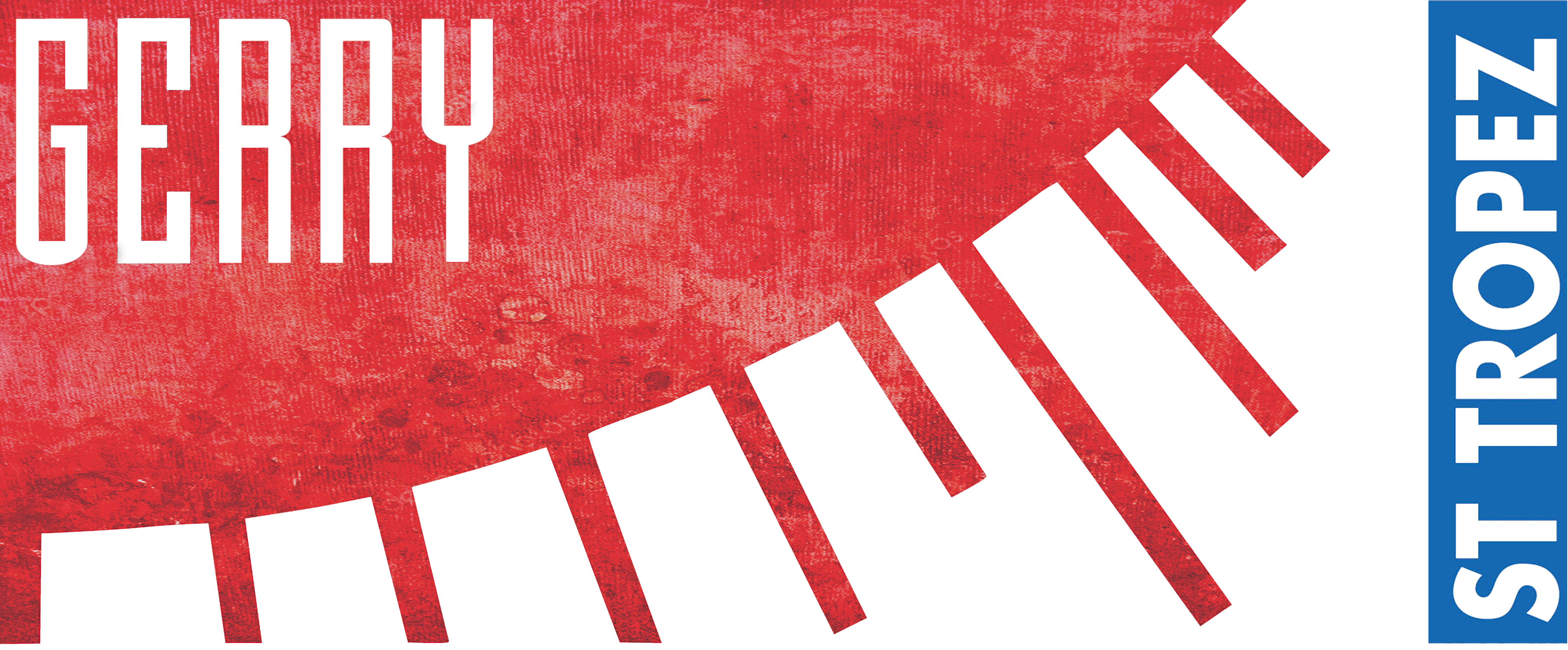The T-shirt is not just a simple item of clothing, its invention also weaves a story spun in cotton, emits a silent proclamation of our convictions and forges a canvas on which our emotions are painted. From its humble origins as underwear to its apotheosis as a cultural icon, it has travelled a fascinating path, a journey that mirrors the very evolution of society.
Born in the shadows, as a simple utilitarian garment, this accessory, so essential in today's oufits, emerged from obscurity to conquer the world. In the blink of an eye, it rose up as the armour of the non-conformist, the flag of the rebel, the voice of the voiceless.
The T-shirt has even become a canvas on which to express ideas and amplify messages. From political statements to assertions of identity, the garment has become a vehicle for personal expression and a window into the soul of the individual.
Below we will explore the fascinating evolution of the T-shirt, from its beginnings to its current position as a symbol of self-expression, identity and activism.
Origins and early evolution
The T-shirt's roots extend back to the loose-fitting tunics worn by the ancient Greeks and Romans, wrapping their bodies in simplicity and comfort. Centuries later, during the Middle Ages, the lower classes of Europe adopted it as underwear, an intimate and functional garment.
It was not until the 19th century, with the explosion of industrial textile production and the invention of the sewing machine, that the T-shirt underwent its metamorphosis. Suddenly, tailoring accelerated, costs were reduced and the modern T-shirt began to take shape.
In the early 20th century, the T-shirt rose almost from the ashes to conquer the outside world. Soldiers wore them during the First World War, appreciating their practicality and comfort. After the war, it became a popular casual wear item among young men and women, redefining fashion and challenging norms.
The 1930s marked a turning point. The advent of Hollywood catapulted the T-shirt to stardom. Film celebrities wore it on the big screen, immortalising its image as a symbol of youth, rebellion and sensuality. It became an object of desire, a style statement and a reflection of the times.
The T-shirt as a canvas for expression
The 1960s marked a turning point in the history of the T-shirt. From being a simple garment, it became a form of personal and political expression. The social and cultural movements of the time, such as the civil rights struggle, the hippie counterculture and the punk movement, found in this garment a powerful tool to spread their messages and challenge social norms.
T-shirts served as portable banners, visual manifestos proclaiming equality, freedom and peace. Phrases such as "Black Power", "Flower Power" and "No Future" adorned these items of clothing, transforming them into battle cries and symbols of rebellion.
On the other hand, rock bands also joined the revolution. Their logos, images and lyrics were printed on T-shirts, creating an emotional connection between music and fashion. Fans became spokespersons for their favourite bands, proudly wearing their colours and emblems.
From this time onwards, this accessory was consolidated as a symbol of identity, a way of asserting oneself to the world and of belonging to a tribe. More than a garment, it is a declaration of principles, a proclamation of tastes and preferences.
The T-shirt today
The T-shirt has conquered the planet. Omnipresent in global culture, it has become a classic garment used to embody identity, acting as a megaphone to amplify ideas and a thermometer of trends.
From political opinions to sporting preferences, from personal hobbies to commercial brands, this accessory has become a vehicle for limitless expression. The T-shirt industry is, in fact, a textile empire that generates billions of dollars every year.
High-end brands and independent designers compete to conquer a market that ranges from exclusive boutiques to low-cost shops. Today, the T-shirt knows no borders. It is spoken in every language, worn in every culture and constantly reinvented.
We can say that the T-shirt is a global icon that will continue to evolve, adapting to new times and telling the stories that society wants to tell.
Conclusions
The exciting evolution of the T-shirt, from its utilitarian beginnings to its current position as a cultural icon, invites us to reflect on the deep connection between fashion and society. This garment, once a simple functional item, has been transformed into a means of expression in which we express our beliefs, values and emotions.
Every T-shirt we wear tells a story, whether it's a political statement, an expression of personal identity or simply a representation of our state of mind. So next time you wear one, take a moment to reflect on its meaning: what message are you conveying to the world? What values does the garment represent to you?
At Gerry St Tropez, we are passionate about the history and meaning of clothing. We believe that fashion is more than just a trend, but also has a personal and cultural connotation. For this reason, we are dedicated to providing high quality t-shirts that reflect your unique style and allow you to express your story to the world.
We invite you to explore our collection and discover the stories our T-shirts have to tell.
